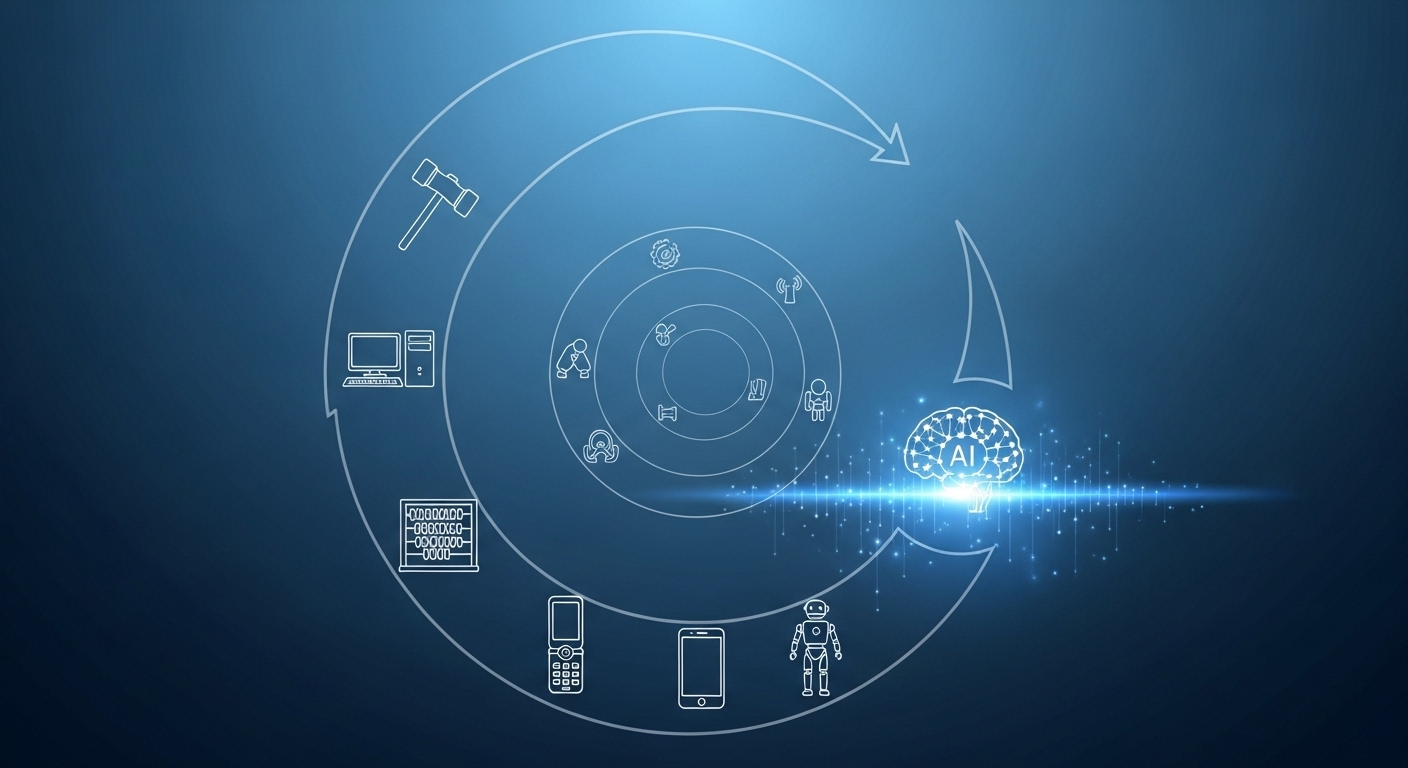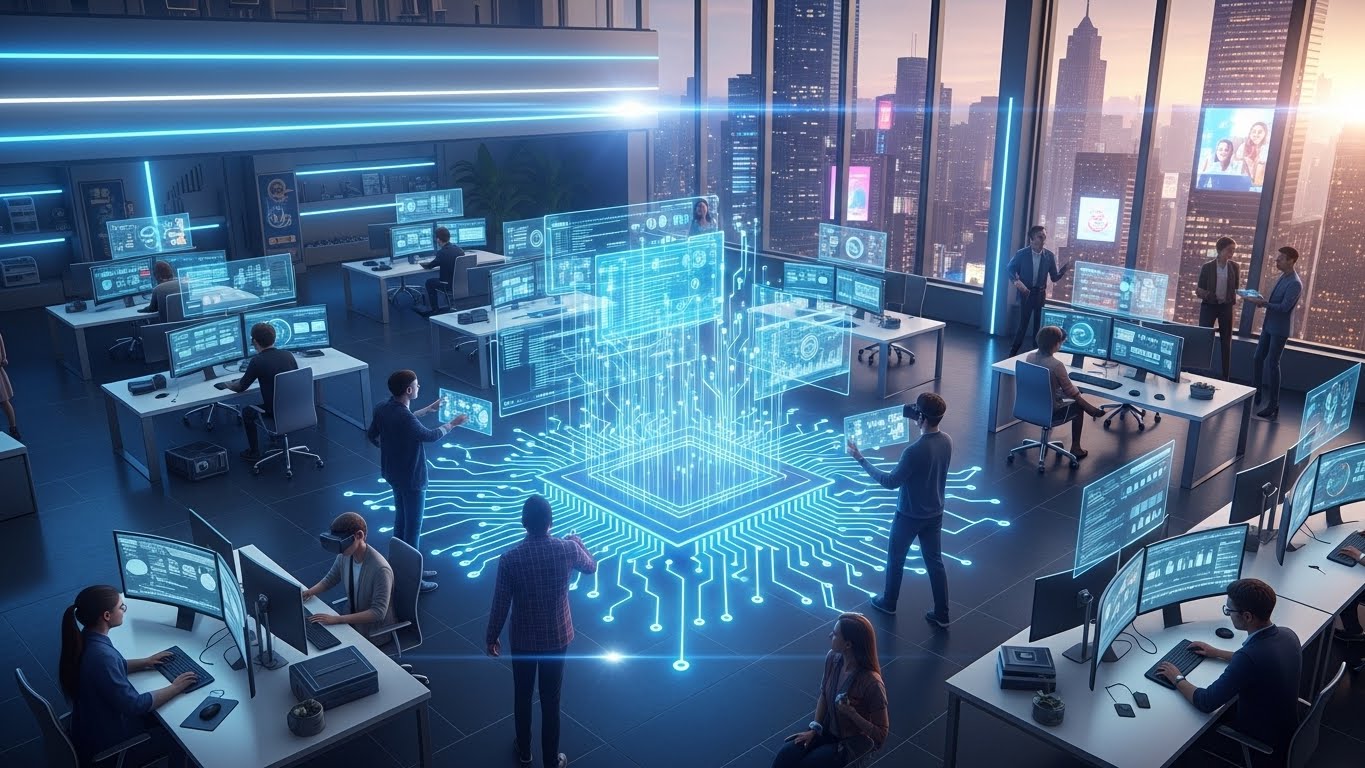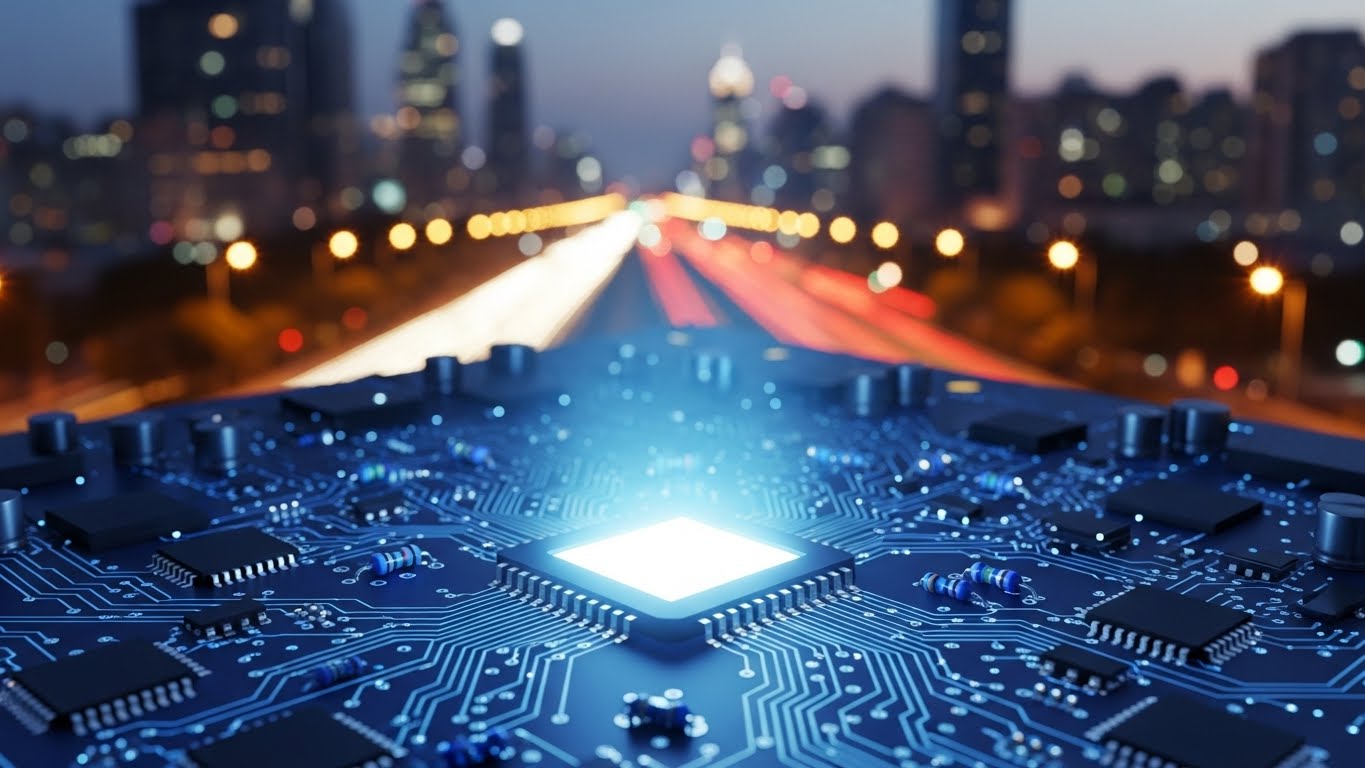Introduction to the World of Technology
Technology has evolved into one of the most integral parts of modern human existence. It influences how people think, work, communicate, learn, and entertain themselves. From the invention of the wheel to today’s artificial intelligence systems, the journey of technology reflects human creativity and ambition. This blog explores the world of technology, its past, present, and future, along with its effects on various sectors such as communication, education, healthcare, industry, and daily life.
The History of Technological Progress
Technology did not appear overnight. It began with basic tools made from stones and wood. Humans discovered fire, built simple machines, and created the wheel. These inventions transformed survival and slowly shaped civilizations. As time progressed, humans learned agriculture, which led to the formation of stable societies.
The invention of writing allowed people to record information and share knowledge across generations. Metal tools revolutionized construction and warfare. Much later came the printing press, which made books more accessible. This spread knowledge and contributed to the Renaissance and the scientific revolution.
The Industrial Revolution was one of the most important turning points in technological history. Machines replaced manual labor, steam engines powered factories, and railways connected distant places. Electricity, telephones, and light bulbs changed daily life forever. From there, humanity stepped into the era of modern science and technology.
The Digital Revolution
After the Industrial Revolution came the Digital Revolution. This revolution was marked by the invention of computers and the rise of digital systems. The first computers were large, slow, and used for specific military or scientific purposes. Over time, transistors replaced vacuum tubes, making computers smaller, faster, and more efficient.
Microprocessors played a key role in the rise of personal computing. Companies started producing computers for homes and offices. Operating systems made them easier to use. The invention of the internet allowed computers around the world to communicate with each other. This completely changed how people accessed and shared information.
The Digital Revolution gave birth to smartphones, cloud computing, social media, and artificial intelligence. These technologies became essential parts of daily life. Today, the digital world is connected to almost every industry, making it impossible to imagine life without it.
Impact of Technology on Communication
Communication has been transformed more than any other sector due to technology. In the past, people used letters, telegrams, or messengers to send information. These methods were slow and often unreliable. The invention of the telephone enabled direct voice communication, which made conversations faster and easier.
The development of the internet and smartphones made communication instant. People can now send messages, images, videos, and voice notes within seconds. Video calling connects people across countries as if they are sitting in the same room. Social media allows individuals to share ideas, opinions, and life events with the world.
Technology also made communication more accessible to businesses. Companies can communicate with clients from different parts of the world through email, video conferences, and collaborative platforms. This has helped businesses grow internationally.
Technology in Education
Education has greatly benefited from technological advancements. Traditional classrooms depended on blackboards, books, and face-to-face teaching. Now, digital smartboards, projectors, and online learning platforms are common. Students can attend virtual classes from anywhere, which makes education more flexible.
E-learning websites and educational apps provide video lectures, quizzes, and exercises. Students can learn at their own pace and review lessons anytime they want. Teachers use technology to prepare interactive lessons that make learning more engaging.
Artificial intelligence is being used to personalize education. AI systems can analyze a student’s performance and recommend lessons according to their strengths and weaknesses. Additionally, online libraries and digital books give learners access to endless resources.
Technology in Healthcare
Healthcare has seen incredible improvement due to technology. Modern medical equipment helps doctors diagnose diseases more accurately. Machines like X-ray scanners, MRI devices, and ultrasound systems allow doctors to see inside the human body without surgery.
Robotic surgery enables precision operations with minimal pain and faster recovery. Telemedicine allows doctors to consult with patients remotely through video calls. This is especially useful in rural areas where hospitals are far away.
Artificial intelligence is assisting doctors in detecting diseases like cancer at an early stage. Wearable devices like smartwatches monitor heart rate, sleep patterns, and physical activity. These devices send data to health apps, helping users track their fitness and health.
Technology in Business and Industry
Industries rely heavily on technology to produce goods and provide services. Automation has replaced many manual tasks with machines. Robots are used in factories to assemble products faster and with higher accuracy. This increases productivity and reduces human error.
Computers and software help manage business operations, accounting, and customer relationships. Companies use data analysis to understand consumer behavior and make better decisions. Cloud computing allows businesses to store data and access services through the internet.
E-commerce platforms enable businesses to sell products online. Customers can browse, purchase, and have products delivered to their homes. Digital payment systems make transactions fast and secure.
Transportation and Technological Advancements
Transportation technology has advanced significantly over time. Early humans traveled on foot or used animals. The invention of the wheel allowed the creation of carts and wagons. Steam engines revolutionized travel with trains and ships.
Today, cars, airplanes, and high-speed trains make travel quicker and more comfortable. Electric vehicles are becoming popular due to their low environmental impact. Autonomous vehicles, or self-driving cars, are being developed using artificial intelligence and sensors.
Navigation systems help drivers find the best routes. Ride-sharing apps allow people to book taxis with just a few taps. Air travel connects countries, making international trade and tourism easier.
Technology in Daily Life
Technology is part of everyday routines. From waking up to going to sleep, people use various devices. Smartphones are used for alarms, messages, social media, and entertainment. Smart home devices like voice assistants control lights, fans, and appliances.
Kitchen gadgets simplify cooking. Washing machines and vacuum cleaners save time in household chores. Television, streaming platforms, and video games provide entertainment. Digital cameras and smartphones allow people to capture photos and videos instantly.
People use GPS apps to navigate, fitness apps to track exercise, and online banking to manage finances. Technology makes life convenient, but it also increases dependence on devices.
The Rise of Artificial Intelligence
Artificial intelligence is one of the most influential technologies of today. AI refers to machines that can perform tasks that normally require human intelligence. These include learning, problem-solving, and decision-making.
AI is used in many areas such as voice assistants, chatbots, self-driving cars, and recommendation systems. It analyzes huge amounts of data to make predictions. For example, AI suggests movies to watch, products to buy, and songs to listen to based on user preferences.
AI helps doctors detect diseases by analyzing medical images. It helps businesses improve customer service through automated chat systems. However, some people worry that AI might replace jobs and reduce human involvement.
The Internet of Things
The Internet of Things refers to connecting everyday devices to the internet. These devices can collect data and communicate with each other. Examples include smart refrigerators, thermostats, and wearable devices.
Smart homes use IoT devices to control temperature, lighting, and security systems. Users can monitor their homes through mobile apps even when they are away. In industries, IoT helps monitor machines and predict when maintenance is needed.
Agriculture also benefits from IoT. Sensors monitor soil moisture, weather conditions, and crop health. This helps farmers improve productivity and reduce resource waste.
Cybersecurity and Data Privacy
As technology becomes more advanced, protecting data becomes essential. Cybersecurity refers to protecting computers, networks, and data from attacks. Hackers can steal personal information, disrupt systems, or spread harmful software.
To stay safe, users must use strong passwords, avoid sharing sensitive information, and update software regularly. Companies use encryption, firewalls, and security systems to protect data.
Data privacy is also important. Many apps and websites collect user data. People must be aware of how their data is being used. Governments are making laws to protect users from misuse of personal information.
Technology and the Entertainment Industry
Entertainment has been transformed by technology. In the past, entertainment was limited to books, theater, and radio. Today, movies, music, video games, and social media provide endless entertainment options.
Streaming platforms allow people to watch movies and shows anytime. Video games have evolved with realistic graphics and virtual reality. Musicians use digital software to create and share music globally.
Social media enables people to create content and become influencers. Virtual concerts and online events connect artists with global audiences. Technology has made entertainment more interactive and personalized.
The Future of Technology
The future of technology holds unlimited possibilities. Scientists are developing advanced AI systems that can think and learn like humans. Quantum computing may solve complex problems faster than traditional computers.
Space technology is improving, with missions planned to explore Mars and beyond. Renewable energy technologies like solar and wind power are becoming more efficient. Biotechnology might help cure diseases and improve human health.
However, the future of technology also brings challenges. Ethical questions arise about AI, genetic engineering, and data privacy. It is important for society to use technology responsibly and ensure it benefits everyone.



